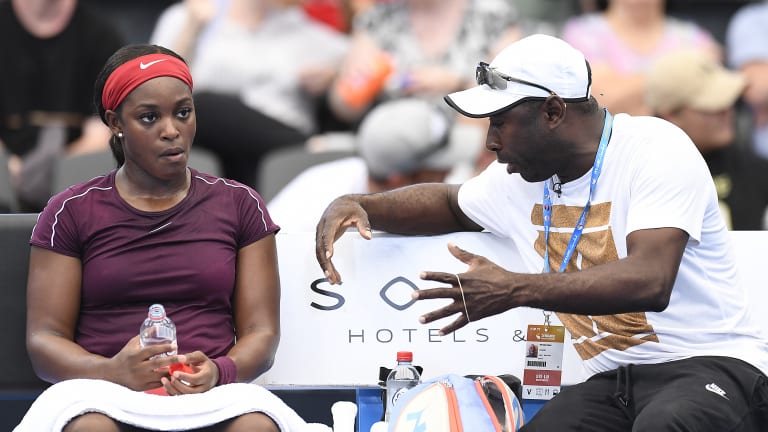Instruction
Meet your mentor: how to find your perfect teaching pro
By Jun 18, 2021Instruction
Court of Appeals: Water Break
By May 20, 2023Instruction
Toni Nadal: With improved backhand, Casper Ruud "can be No. 1"
By Nov 21, 2022Instruction
Quick Tip: Add a rocking motion to the start of your serve
By Nov 16, 2022Instruction
Tennis Channel Academy: Rectifying Road Rage
By Oct 13, 2022Instruction
Tennis Channel Academy: Is the Lesson Model Broken?
By Oct 12, 2022Instruction
Breaking The Rules: Time to abandon the net touch?
By Oct 11, 2022Instruction
Mission Transition: How to bring your game from baseline to net (Part 3 of 3)
By Oct 03, 2022Instruction
Mission Transition: How to bring your game from baseline to net (Part 2 of 3)
By Oct 03, 2022Instruction
What can be applied from Carlos Alcaraz, Casper Ruud to your game? How to enjoy the competitive process
By Sep 12, 2022Meet your mentor: how to find your perfect teaching pro
Finding the right teaching pro isn’t as easy it may sound, but it could be the most important choice you’ll make as a player. As you conduct your search, keep these 10 do’s and don’ts in mind.
Published Jun 18, 2021
Advertising
Advertising

(Getty Images)
© Getty Images

(Getty Images)
© AFP via Getty Images